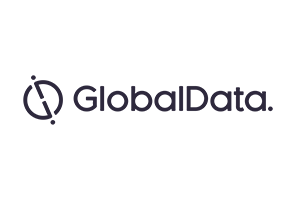
Lung cancer has become the most common cancer in China. GlobalData’s epidemiology forecast for non-small cell lung cancer (NSCLC), which makes up 90% of lung cancers, shows that the incidence of NSCLC in men in China have increased from 2006–2016, a trend opposite that seen in Western countries like the US and the UK. Continued high smoking rates and environmental factors are the main drivers of the increase in incidence.
A national smoking survey conducted in China comparing smoking trends in 1996 and 2010 found that smoking prevalence among adults have actually decreased by about 5%, from 72.5% to 67.1%, with prevalence being lower in urban men at 58.4%. However, China’s smoking prevalence is very high compared with the smoking prevalence in the US of 24.7% and 19.3% during the same time period. In addition, the study found that the age when men first started smoking decreased and the number of cigarettes smoked per person increased, both of which increase a person’s exposure to carcinogens from tobacco.

Discover B2B Marketing That Performs
Combine business intelligence and editorial excellence to reach engaged professionals across 36 leading media platforms.
Environmental pollution is also a major risk factor for lung cancer in China. Both outdoor smog and indoor cooking- and heating-related smoke exposure have been attributed to lung cancer in China. This corresponds with the observed increase in adenocarcinoma lung cancer, a subtype more frequently associated with non-smokers. Some experts believe pollution will become the most important risk factor for lung cancer in China.

The figure above presents the age-adjusted incidence of NSCLC in men for urban China from 2006 to 2026 compared with that in the US and the UK. In 2006, the US had a higher age-adjusted incidence than China, but urban China’s NSCLC incidence has increased since 2006 and overtook that in the US. GlobalData epidemiologists expect incidence to continue to decrease in the US and the UK in the near future. If NSCLC incidence remains relatively constant in China in the near future, the number of NSCLC cases will still continue to increase due to urban China’s large population and aging demographics.

US Tariffs are shifting - will you react or anticipate?
Don’t let policy changes catch you off guard. Stay proactive with real-time data and expert analysis.
By GlobalData



